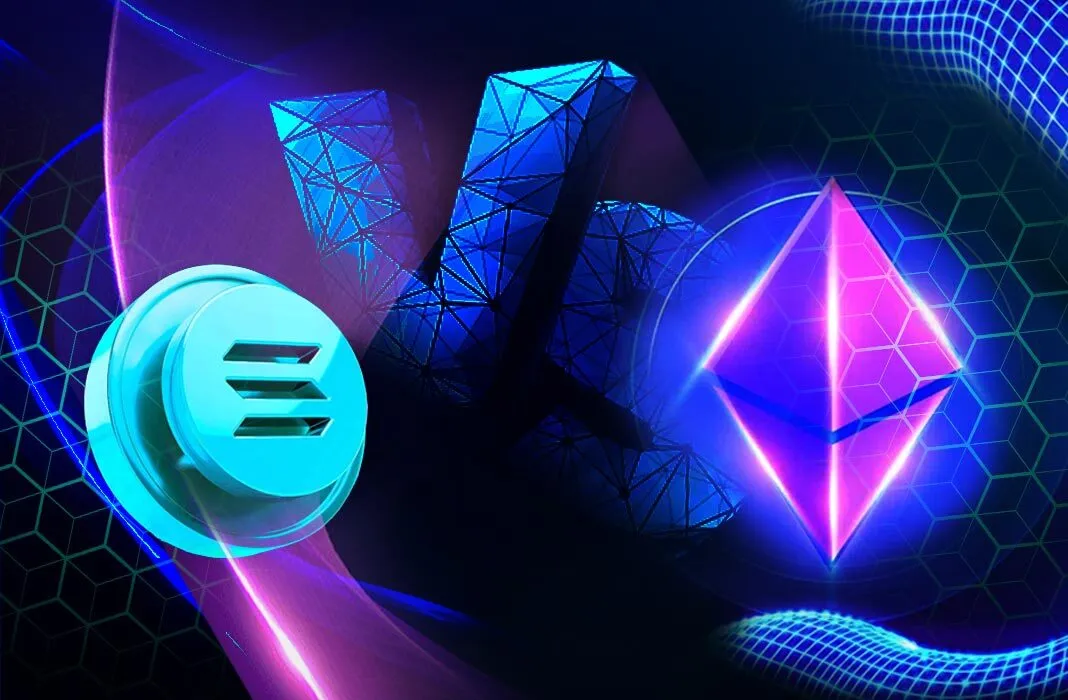The firm is currently developing Solana’s only SDK designed to onboard GameFi developers to the blockchain.
Despite Solana’s soaring popularity, there is a significant “lack of infrastructure” for developers to build games on the blockchain, according to Mirror World CEO Chris Zhu. In an interview, Zhu highlighted that essential DeFi features, such as cross-chain swaps and on/off crypto ramps, are often out of reach for Solana gaming developers. Zhu explained that Solana’s shared layer wasn’t designed with specific applications in mind, making it challenging for games that require custom features like privacy, instant settlements, and compliance.
To address these challenges, Solana gaming studio Mirror World Labs recently raised $12 million in its inaugural Series A funding. This funding, led by Bitkraft, Galaxy Interactive, Big Brain Holdings, and others, will further develop its gaming rollup, Sonic, launched in March.
Zhu noted that developers have been receptive to Sonic’s technical capabilities. However, some feedback suggested the need for main token liquidity on Solana’s mainnet. To accommodate this, Sonic enabled atomic interoperability through the HyperGrid Framework, allowing liquidity to remain on the mainnet while processing game logic on Sonic.
Currently, Mirror World aims for a controlled aggregated transaction settlement of 12 million transactions per second on Sonic and HyperGrid, supporting real-time gaming transactions like inventory purchases and quest drops. To achieve this, Mirror World collaborates with Solana validators, with Galaxy Interactive playing a significant role as the largest validator on Solana.
Looking ahead, Zhu shared that Mirror World plans to expand relevant components to build a healthy, sustainable ecosystem, including gaming studios and infrastructure projects like NFT marketplaces, DEXes, and staking protocols. The firm positions itself as the gaming hub of Solana, offering support for gaming studios in various areas such as marketing, partnerships, and community engagement.
Currently, Sonic is the only software development kit (SDK) on Solana. Its closest competitor, Eclipse, is developing a Solana Virtual Machine layer-two on Ethereum rather than a native Solana SDK. Other competitors include Ronin (Web3 Games) and Redstone (FOCG) on Ethereum, but Mirror World aims to attract developers to build on the Solana Virtual Machine.
Mirror World developers believe that while Solana has seen growth from the memecoin boom and decentralized applications, its gaming sector has not achieved similar success. They are optimistic that the Sonic protocol could help developers deploy Solana Virtual Machine (SVM) chains for their GameFi projects.
